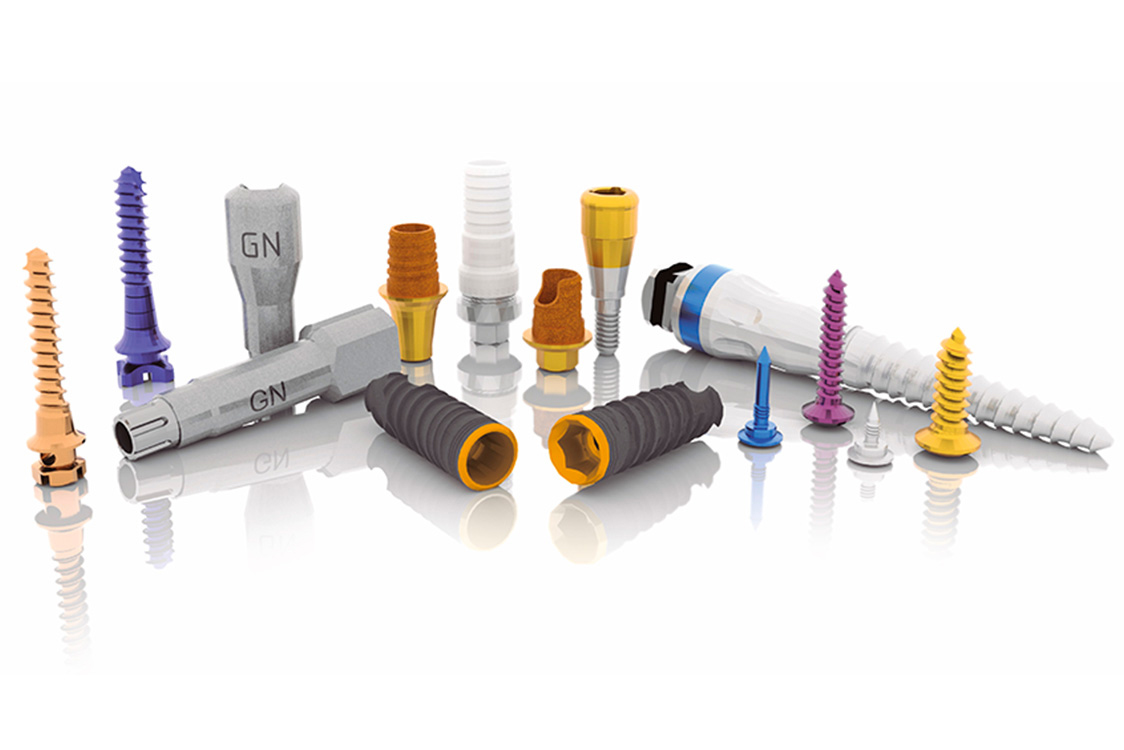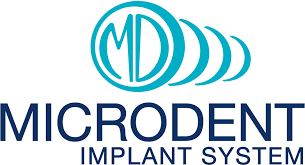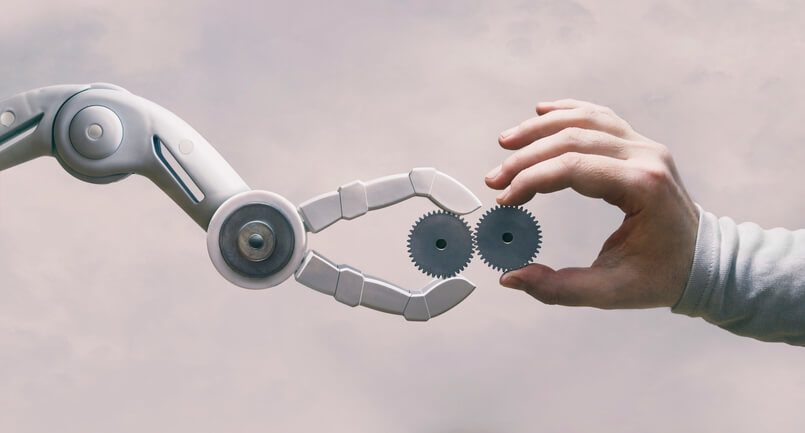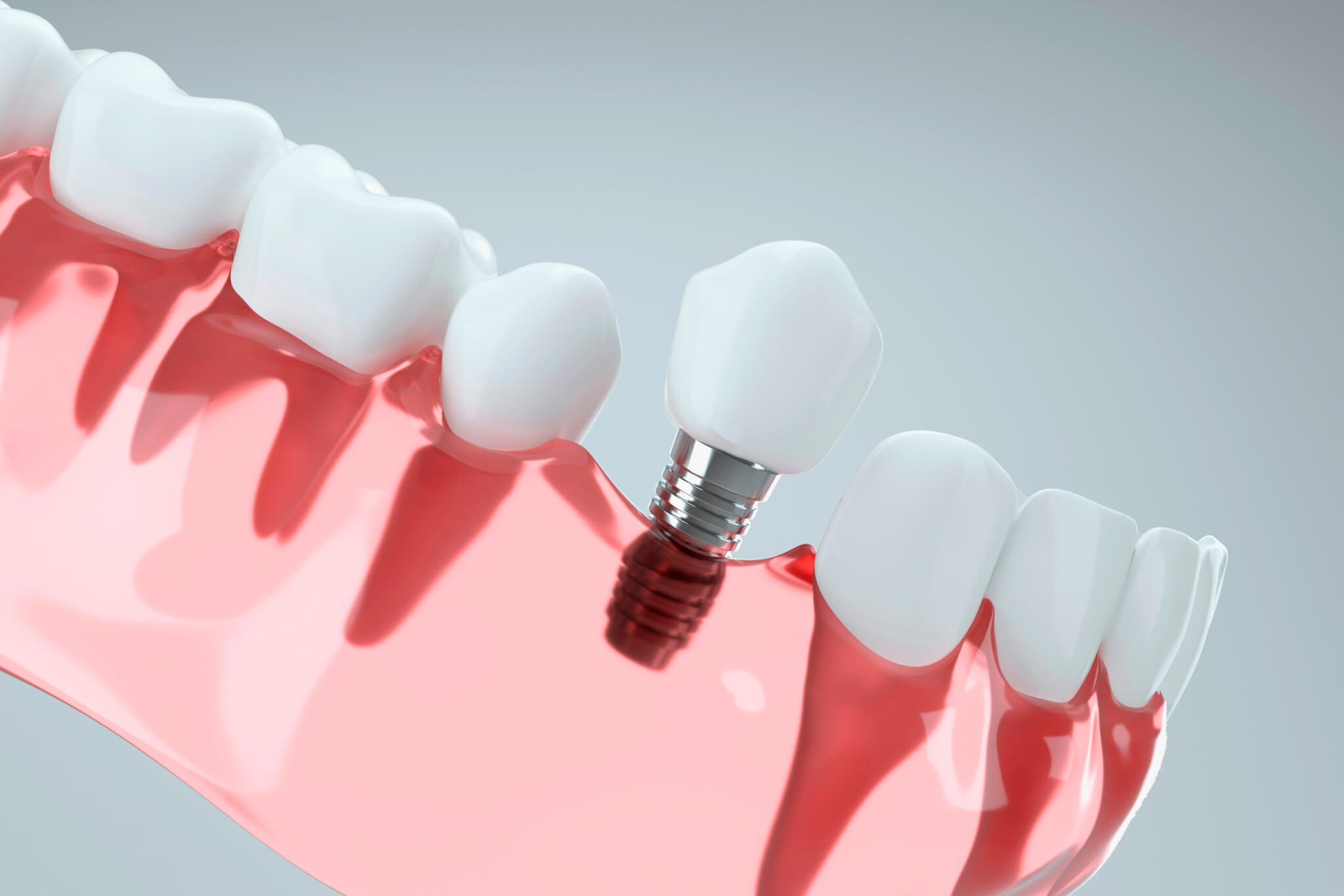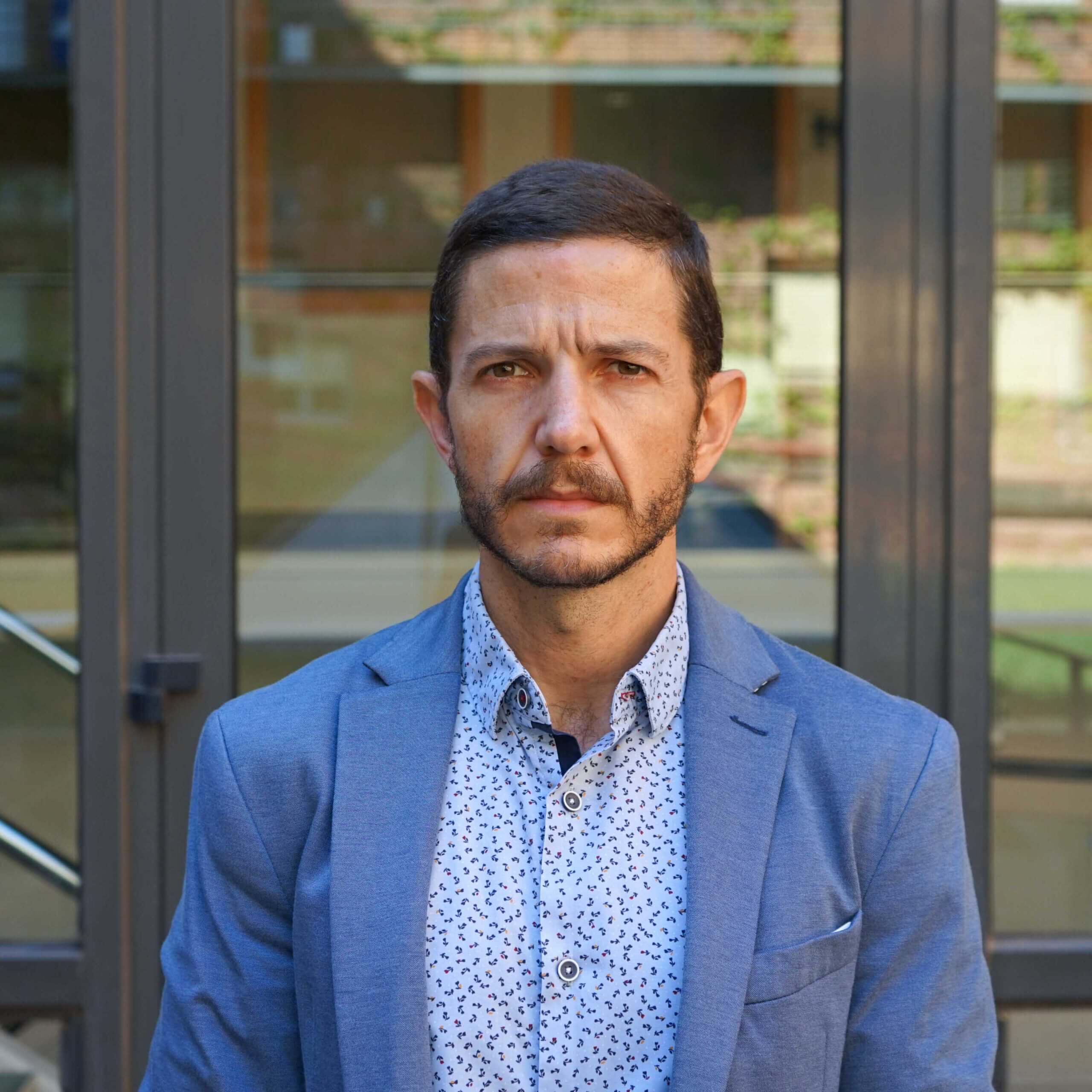IQS forms part of the Equidental project, financed by the Ministry of Science and Innovation and the State Research Agency within the public-private partnership call, in which the company Microdent Implant System, the company Flubetech, and the Eurecat technology centre area also participating in addition to IQS.
The general objective of this project is to develop new low-cost surface treatment equipment to improve dental implantology components and adapt them to the requirements of dental implant and abutment manufacturers. To this end, the main problems and limitations that exist in the dental implantology sector will be addressed, related to the lack of biocompatibility and biostability (both chemical and mechanical) of the metallic materials used to manufacture implants and surgical dental instruments, which can present phenomena including fractures, loss of mechanical fixation, corrosion or adhesion, and bacterial proliferation. The development and implementation of new materials is one of the most active and strategic fields of research at present, but it entails a high financial and time investment.
The Equidental project proposal consists of the surface modification of existing biomaterials through the application of functionalized coatings or surface treatments. It represents a technologically and economically viable option to alleviate the problems described above. To this end, low-cost, simple, flexible, modular, and adaptable surface treatment equipment will be developed to meet the specific requirements for manufacturers of dental implants and abutments, prosthesis fixing screws, and dental surgical instruments.
On the one hand, specific and optimized coatings, obtained through the magnetron sputtering PVD deposition technique, will be developed for application on different dental implantology components and instruments.
In addition, bactericidal treatments will be developed on dental implants based on the ionic implantation of silver and copper. Once these treatments have been developed, a mechanical, chemical, and biological functional validation study will be carried out.
Finally, the design, construction, and technical validation of an industrial prototype device that is capable of reproducing the treatments previously developed will be carried out. The equipment that will be designed must be simple, economical, functional, modular, and adaptable to the needs of potential customers.
Contributions from IQS researchers
The physical vapor deposition technology – PVD through magnetron sputtering (MS) makes it possible to obtain coatings formed by oxides, nitrides, and carbides of different metals, allowing the improvement of the properties of the instruments. The company Flubetech, which emerged as a spinoff from the GEMAT group at IQS, is a pioneer in Spain with this type of technology, which will be applied at Equidental to improve implantology materials.
One of the objectives of the project is to develop specific coatings optimized for application in dental implantology components, obtained through this PVD-MS technique. The Applied Mechanics and Advanced Manufacturing group (GAM) at IQS, coordinated by Dr Manuel D. Abad, is leading the overall characterization of the developed coatings using the different techniques available to the school: structural characterization (through Raman spectroscopy and X-ray diffraction), morphological characterization (through scanning electron microscopy (SEM)), chemical characterization (through X-ray energy dispersion (EDX) and X-ray fluorescence (XRF)), and finally corrosion resistance characterization (through the ASTM G 61-86 and ASTM G 5-94 test standards – Corrosion performance of metallic biomaterials).
IQS is also participating in the final stage of the project to design, construct, and technically validate the industrial prototype equipment for coating surface treatment and ion implantation, developed previously. In addition to Dr Manuel D. Abad, this final stage of the project also features participation by Dr Andrés A. García, with the Industrial Products Engineering Group (GEPI), and Dr Carles Colominas, with the Materials Engineering Group (GEMAT).











